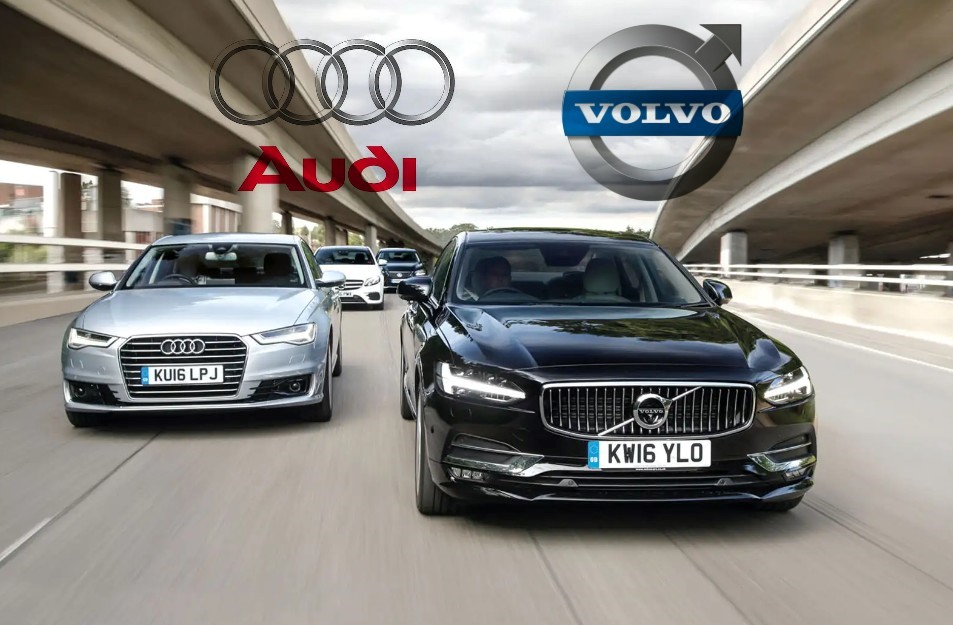Volvo Group and Audi strive towards a sustainable future with production chain decarbonisation
Companies like Volvo and Audi are leading the way by implementing measures to reduce emissions from their operations and supply chains while still maintaining profitability. In this article, we will delve deeper into the sustainability initiatives undertaken by these companies and the impact they are making in the industry.
In a recent interview with Forbes, Karin Svensson, Volvo Group's chief sustainability officer, and Spencer Reeder, Audi of America's director of government affairs and sustainability, discussed how their respective companies are working towards reducing emissions.
{alcircleadd}
Sustainability has become a buzzword in the modern world, and for a good reason. With the ever-increasing population and the growing need for resources, it has become imperative for every industry to shift towards sustainable practices. The automotive industry has significantly contributed to carbon emissions but has started making strides towards sustainability.
The aluminium industry is extremely energy intensive, and primary aluminium production emits much carbon dioxide. Recycled aluminium uses only 5% of the power needed to produce primary aluminium, and since the non-ferrous metal has the ability to retain its original properties after transformation, it is a much more feasible option. Moreover, aluminium can induce a circular economy due to its 100% recyclability, ultimately forming a material loop along the production cycle.
Cars and vans were responsible for almost half of the total transportation emissions worldwide in the previous year, majorly from burning fossil fuels in conventional combustion engine vehicles. As automakers shift towards EVs, they must focus on tailpipe emissions and upstream emissions from fuel production and transportation. It's imperative that they take into account the life cycle emissions, including material and vehicle production, as well as end-of-life recycling. The hour needs to take decisive action towards sustainable and zero-emission mobility.
Audi and Volvo Group are making significant strides towards achieving sustainable supply chains. Audi is committed to achieving carbon neutrality across all its sites by 2025 and has already implemented several eco-friendly measures, including using recycled glass windshields and plastic covers in their EV models. Similarly, Volvo Group is gradually transitioning its production facilities to renewable energy sources and has partnered with a supplier to source fossil-free steel for its EVs, demonstrating its commitment to sustainable practices.
Both companies also invest in renewable power and incorporate recycled materials into their vehicles. They are taking proactive measures to upskill their workforce and provide training to employees to support the transition to sustainable transportation. These efforts are not only good for the environment but also set an example for the industry, promoting sustainable practices and ultimately leading to a cleaner future.
We recently covered a story where Australian aluminium extrusion giant Capral was seen partnering with Goldstar to have a sustainable fleet of trucks for its regional deliveries. It is not only essential for heavy industries to oversee the shift to greener materials, but they should also develop sustainable delivery systems or stewardship.
Reducing emissions in material production and utilising alternative materials are fundamental strategies to achieve sustainability. The steel, iron, and aluminium industries contribute to greenhouse gas emissions in passenger vehicle supply chains. The energy used in manufacturing vehicle batteries also has a significant carbon footprint. Automakers must adopt a circular economy to minimise resource consumption and focus on reuse and recycling. Sustainability should be prioritised throughout the automotive supply chain beyond just fleet electrification.
This news is also available on our App 'AlCircle News' Android | iOS














.png/0/0)







